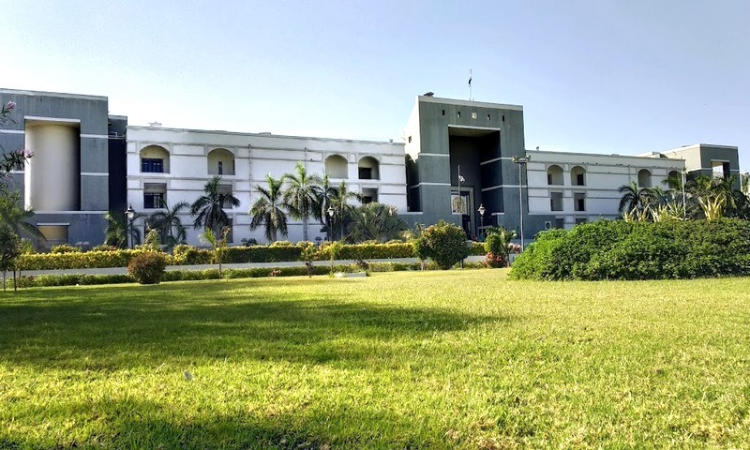The Gujarat High Court recently enhanced the compensation granted by the civil court to a claimant on the ground that losing of both arms ‘below elbow upto lower one third of forearm’ shall be construed to be 100% disability as per the guidelines for Evaluation of Permanent Physical Impairment in Amputees (the guidelines). The appellant was employed by the contractor i.e....

